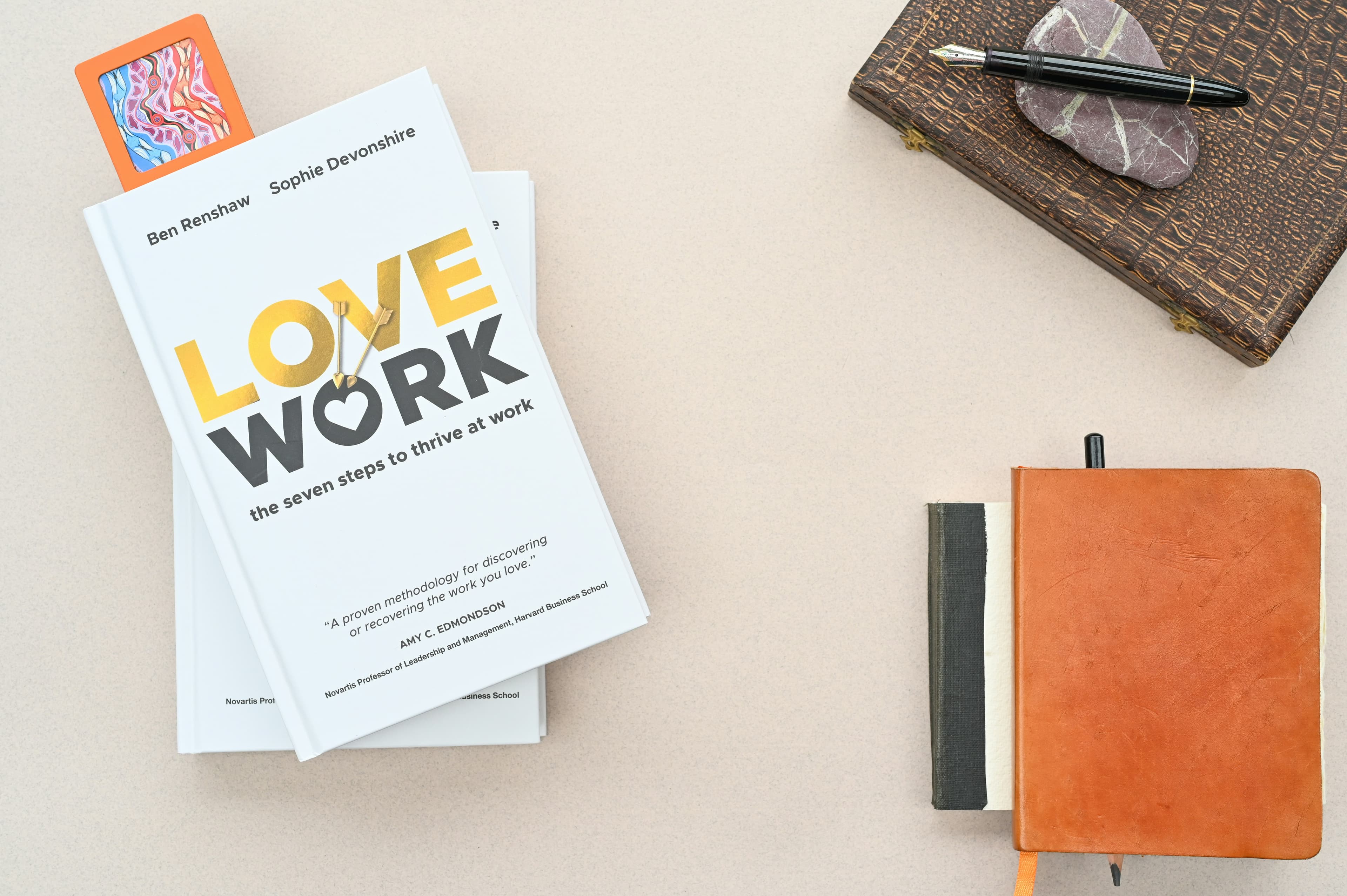My Nannying Job Became a Real Business

The first time I met Mila, her tiny six-month-old fingers were wrapped firmly around Adela Seally’s cheek. Seally, Mila’s nanny, just smiled and let the baby cling to her. It was clear from that moment that their bond was special. For the better part of six years, Seally has been an integral part of this family in New Rochelle, New York, first caring for Mila’s older sister, Ava, and now Mila herself.
Her journey into this role wasn't exactly planned. When she started, both she and the family were new to the nanny arrangement. “I just knew I was going to go into work and get paid,” Seally explained. “I didn’t know anything about benefits or working hours and all of that. We were just learning as we went along.” This kind of work is one of the most common , but professionalizing it is a steep learning curve. Despite that, her connection with the children is what shines through. Of Ava, she says, “We just clicked from when she saw me the first time.”
Nanny work is physically and emotionally demanding. Most of Seally's day is spent on the floor with Mila, playing with toys and naming colors. It requires constant, undivided attention. The job is a perfect example of one of many that demand more than just time; they demand your full presence. This commitment comes with its own set of challenges. Seally commutes about an hour by bus from her home in the Bronx, a trip that adds two unpaid hours to her day. The real emotional toll, however, comes from balancing her job with her own family. She has seven children of her own, and leaving them to care for someone else's is a constant struggle. “Sometimes, the challenge is you have to leave your child and go take care of somebody else’s child and you miss out on your child as much as they miss out,” she says.
The Line Between Job and Family
Many employers use cameras to catch milestones they might otherwise miss, like first words or first steps. But for Seally, there’s no “Nanny cam” at home to capture the moments she misses with her own kids. The feeling of guilt is a heavy burden, especially on days when her own child is sick and she has to go to work.
These , often called “intimate labor,” blur the lines between a paid job and a personal relationship. This work is built on closeness and care, but it’s still a profession. Historically, domestic work has been treated as something certain people—often women of color and immigrants—are “naturally” suited for, an idea deeply rooted in America’s history of slavery. This narrative has long been used to justify low pay and a lack of respect.
After the Civil War, freed Black women fought to control their own labor, but their options remained limited. Domestic work was often the only choice, and employers tried to recreate the dynamics of slavery. This deep-seated history is why domestic and farm workers—jobs predominantly held by Black workers—were initially excluded from New Deal labor protections like the Fair Labor Standards Act. They were left without minimum wage or overtime protections, their work legally devalued.
This is the legacy that modern domestic workers still contend with. The phrase “you’re like one of the family” has always been a double-edged sword. It suggests intimacy but rarely comes with the rights or respect of an actual family member. As domestic worker Carolyn Reed once famously said, “I don’t want a family. I need a job.”
Turning a Job Into a Career
Adela Seally understood this instinctively. Over time, she learned to see her role not just as a job, but as a that required negotiation and professional boundaries. After caring for another family’s baby between her time with Ava and Mila, she returned with more experience. “You can negotiate for something better than what you had,” she says. “Maybe it might be monetary—more pay—but it also might mean you get more vacation with pay or more sick or personal days.”
Her drive to professionalize her work eventually led her to the National Domestic Workers Alliance (NDWA). In 2014, she attended a training event and met an organizer who invited her to a meeting. Once she went, she was hooked. The NDWA provided a community of peers in a field that is often incredibly isolating. It offered training on everything from nutrition to effective communication with employers, and a space to discuss the unique challenges of the job.
Seally is now a peer leader, a role similar to a shop steward in a traditional union. She helps other nannies understand their rights under New York's Domestic Worker Bill of Rights, a landmark piece of legislation the NDWA helped pass. This kind of organizing is essential for those in who lack a central workplace. She spends her Saturdays in training sessions or making calls to other workers, checking in and inviting them to workshops on resume-building or immigration law.
Fighting for Recognition
The stories she hears are a stark reminder of why this work is so important. She’s spoken with nannies who were fired without notice, screamed at over minor issues, or sexually harassed by an employer. One live-in worker was so afraid she had to barricade her bedroom door at night. Through the support of Seally and the NDWA, that woman found a safer position. Seally's activism is about transforming these precarious into a respected profession.
The COVID-19 pandemic brought these issues into sharp focus. Seally chose to become a live-in nanny to avoid public transportation, but many of her peers lost their jobs entirely. The crisis underscored a truth she already knew: “If domestic workers don’t show up for work, then the majority of the workforce can’t show up for work.”
Today, Seally is fighting for a federal Domestic Worker Bill of Rights and helping expand protections in New York. She knows that enforcement is a huge challenge when workers are isolated and may not even know their rights exist. Her work is a continuation of a long struggle, from the early washerwomen’s strikes to the union drives of the 1960s.
She believes the stigma against domestic workers is slowly changing, one conversation at a time. “A nanny is a nurse, she is the doctor, she is the mom, she is the therapist, she is the miracle worker,” she says. Her goal is simple but powerful: to make her work visible and valued. “You have to demand respect because nannying is a profession. You have to be proud to say that you are a domestic worker. You are the pillars of society. You hold up society.”







